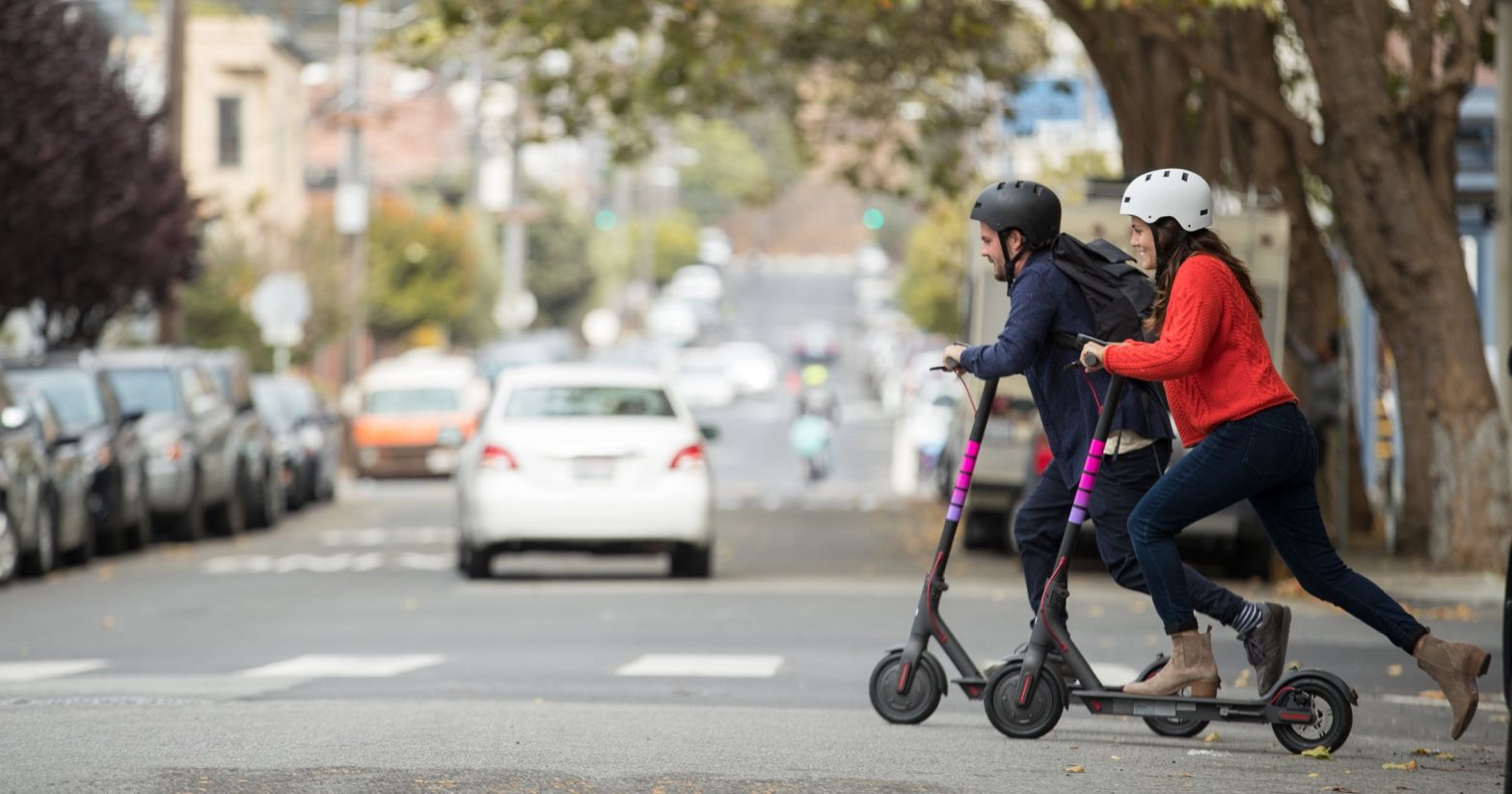
Photo: lyft
Chicago’s e-scooter pilot hits 675,000 rides
26 September 2019
by tom.w
Figures released on Tuesday show Chicago’s e-scooter trial has clocked 675,000 rides since its launch in June.
As the four-month trial enters its final weeks, the numbers reveal a consistently strong demand for the service–with 11,000 rides taken in its first weekend alone.
In June, ten companies were each granted permission to place 250 scooters in a 130-square-kilometre geofenced zone in west Chicago, subject to a strict monitoring process by the city’s Department of Business Affairs and Consumer Protection (BACP).
The maximum speed of each e-scooter is 24 kilometres per hour and providers are only allowed to operate from 5am to 10pm.
Rosa Escareno, BACP Commissioner said: “We have been proactively enforcing the strict regulations [of the programme] and engaging regularly with the companies throughout the pilot, and will continue to do so over the last month.”
Thirty-nine citations carrying a maximum US$1,000 fine have been incurred by providers for so far, with only one of the ten companies, Lyft (who also operate the city’s Divvy bike-share service), yet to be issued a warning.
Issues such as not responding to complaints within two hours, not submitting accurate and complete data to the city and failing to collect scooters at night were among the most common reasons for citations being issued.
As the pilot enters its final weeks, the city is now calling for feedback on the pros and cons of the experiment, both from riders and residents.
Isaac Reichman, Director of Public Information at Chicago’s BACP told Cities Today: “The general feedback we’ve received from the public so far has certainly been mixed, people have very strong opinions one way or the other–both positive and negative.
“But on the whole it’s improved over the course of the pilot, and now we’re encouraging folks to reach out and let us know what they think.”
As with other cities, safety has been a big issue during the trial and the city has requested local health authorities to track e-scooter related accidents and injuries.
While some of the ten companies have provided helmets to users, this is not a legal requirement in Chicago.
“We modelled this trial on our bike-share programme, where it’s not actually a requirement–that being said we strongly encourage folks to wear helmets,” added Reichman.
In May, David Briley, Mayor of Nashville, informed seven e-scooter companies that he was ending the city’s pilot project and banning electric scooters from streets after the city’s first scooter-related death involving a rider who had twice the legal limit of alcohol in his system.
However, last month the city’s Metro Council voted against the ban following intense lobbying by e-scooter companies.









